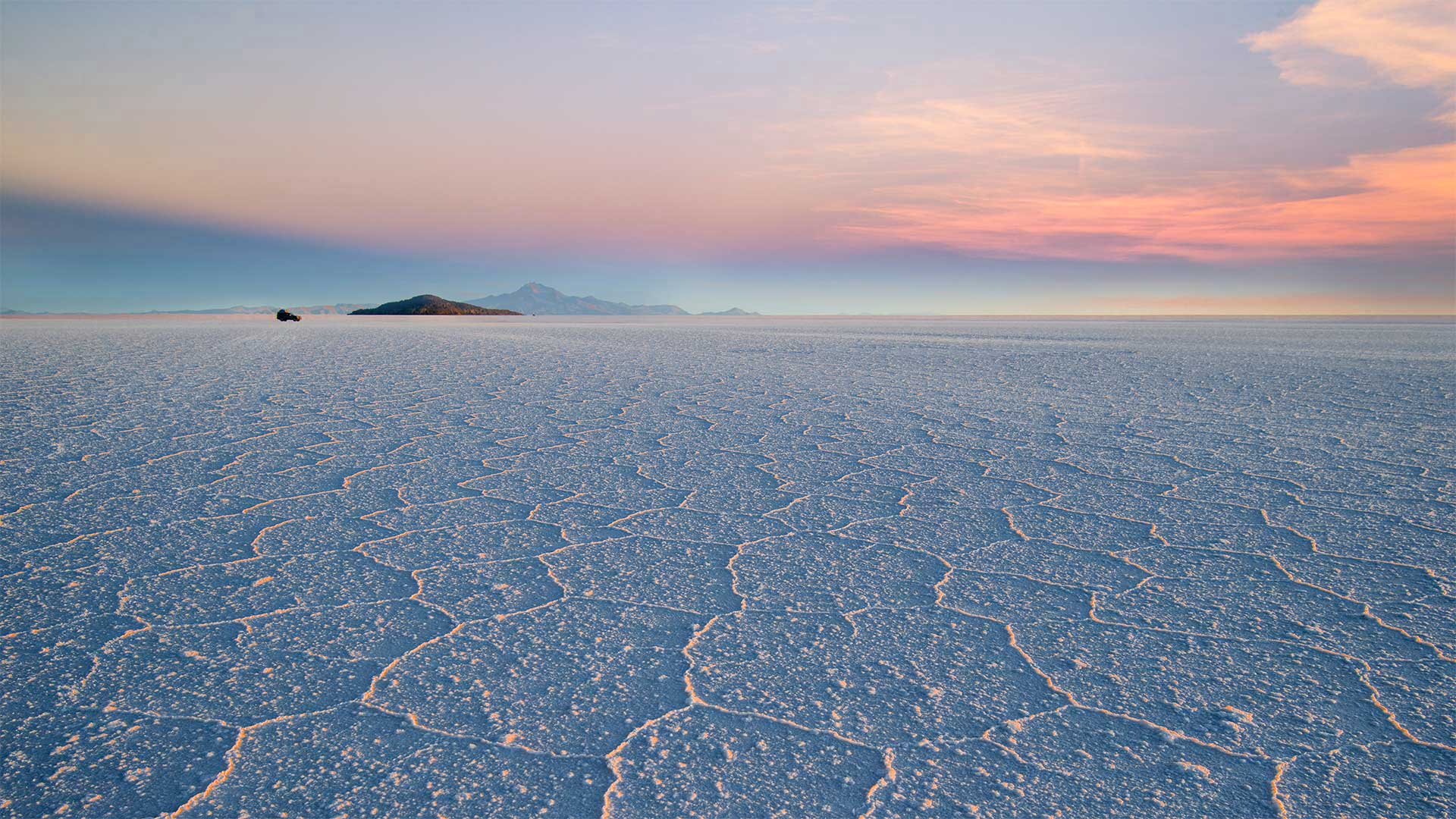Turning Trash into Energy: Tuvalu’s Incinerator Initiative
Tuvalu, a small island nation in the Pacific Ocean, is setting an example for the rest of the world by turning its trash into energy. With limited space for landfills and a growing population, the government of Tuvalu has launched an incinerator initiative to manage the country’s waste and generate energy in the process. This innovative approach not only addresses the issue of waste management but also contributes to the nation’s energy needs and reduces its dependence on fossil fuels.
The Need for Sustainable Waste Management
Tuvalu, like many other small island nations, faces significant challenges when it comes to waste management. The limited land area and increasing population mean that the space for traditional landfills is running out. Additionally, the practice of open burning of waste is not only harmful to the environment but also poses health risks to the local population. With no viable alternatives for waste management, the government of Tuvalu recognized the urgent need for a sustainable solution.
The Incinerator Initiative
In response to the pressing need for sustainable waste management, the government of Tuvalu launched the incinerator initiative. The initiative aims to build and operate waste-to-energy incinerators on the main islands of the country, with the goal of reducing the volume of waste and generating electricity from the combustion of the waste. The project is funded by international development agencies and is being implemented in collaboration with technology providers and waste management experts.
The incinerators are designed to burn non-recyclable waste, such as plastics, paper, and organic matter, at high temperatures, generating heat that is then used to produce steam. The steam powers turbines, which in turn generate electricity that can be used to meet the energy needs of Tuvalu’s population. The ash residue from the incineration process is safely disposed of, minimizing the environmental impact.
Environmental and Energy Benefits
The incinerator initiative offers several environmental and energy benefits to Tuvalu. By reducing the volume of waste that needs to be landfilled, the initiative helps to conserve limited land resources and mitigate the risks associated with poor waste management practices. The incineration of waste also reduces the emissions of methane, a potent greenhouse gas that is produced by decomposing organic waste in landfills.
In addition to the environmental benefits, the incinerator initiative contributes to Tuvalu’s energy security. By harnessing the energy potential of waste, the country can reduce its dependence on imported fossil fuels for electricity generation. This not only helps to mitigate the impacts of fluctuating fuel prices but also enhances the resilience of Tuvalu’s energy infrastructure in the face of external shocks.
Challenges and Opportunities
While the incinerator initiative holds great promise for Tuvalu, it also presents certain challenges and opportunities. One of the main challenges is the high initial cost of building and operating waste-to-energy incinerators. However, the long-term benefits in terms of waste management, energy security, and environmental sustainability outweigh the initial investment.
Another challenge is the need for careful monitoring and control of the incineration process to ensure that emissions are minimized and air quality is maintained. The government of Tuvalu is working closely with international partners and technology providers to ensure that the incinerators meet strict environmental and safety standards.
In terms of opportunities, the incinerator initiative presents the potential for knowledge and technology transfer to other small island nations facing similar waste management challenges. By showcasing the success of the initiative, Tuvalu can inspire other countries to adopt sustainable waste-to-energy solutions and contribute to global efforts to reduce waste and mitigate climate change.
Frequently Asked Questions (FAQs) about Tuvalu’s Incinerator Initiative
Q: Will the incinerators generate harmful emissions?
A: The incinerators will be equipped with advanced emission control systems to minimize the release of harmful pollutants into the atmosphere. The government of Tuvalu is committed to ensuring that the incineration process meets strict environmental standards.
Q: What will happen to the ash residue from the incineration process?
A: The ash residue will be safely disposed of in accordance with internationally recognized best practices for waste management. The government of Tuvalu is working to develop a comprehensive plan for the safe disposal of the ash.
Q: How will the incinerator initiative contribute to Tuvalu’s energy needs?
A: The incinerators will generate electricity from the combustion of waste, which will help to meet the energy needs of Tuvalu’s population. This will reduce the country’s reliance on imported fossil fuels for electricity generation.
Q: What kind of waste will be incinerated in the incinerators?
A: The incinerators will burn non-recyclable waste, such as plastics, paper, and organic matter. Recyclable materials will continue to be sorted and processed through existing recycling programs.
Q: What are the long-term benefits of the incinerator initiative for Tuvalu?
A: The incinerator initiative offers long-term benefits in terms of waste management, energy security, and environmental sustainability. By reducing the volume of waste that needs to be landfilled and generating electricity from waste, Tuvalu can conserve land resources, reduce greenhouse gas emissions, and enhance its energy resilience.
In conclusion, Tuvalu’s incinerator initiative represents a pioneering approach to waste management and energy generation. By turning its trash into energy, Tuvalu is addressing the pressing challenges of waste management, energy security, and environmental sustainability. The success of the initiative holds great promise for the future of Tuvalu and offers valuable lessons for other small island nations facing similar challenges.
Turning Trash into Energy: Tuvalu’s Incinerator Initiative




